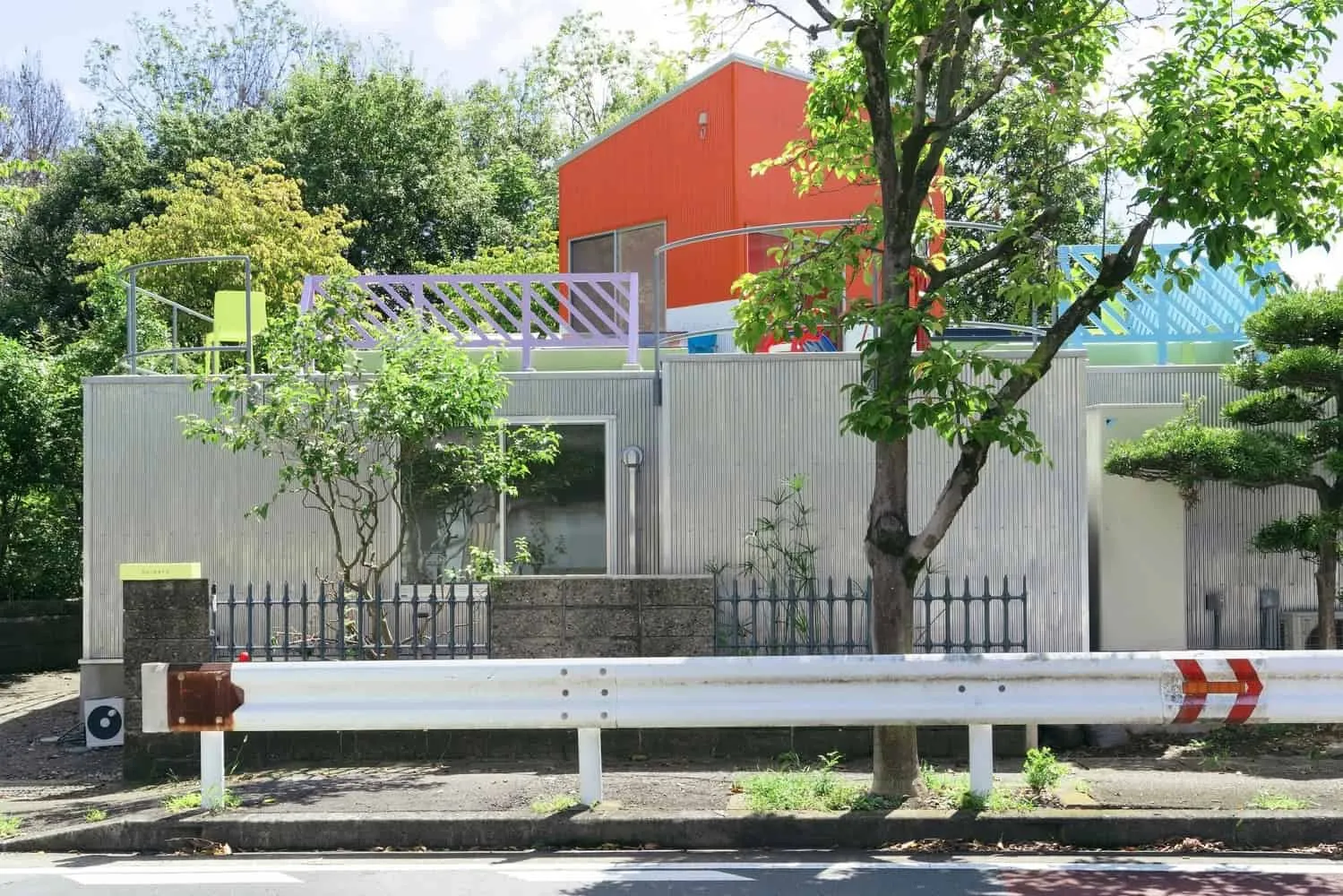Relocations with Complex Access: When Stairs, Cranes, and Specialized Equipment Come Into Play
Relocating your office doesn't have to halt all your work. Imagine a moving team that minimizes disruptions, protects valuable equipment, and keeps you informed at every stage. You need more than just the strength of commercial movers Chicago – you need strategic partners who understand the nuances of relocations with special access conditions.
Whether it's a high-rise building with limited lift access, moving sensitive equipment in a lab, or transporting large machinery into a tight space, the wrong approach to relocation can lead to costly delays and damages. Choosing a team with experience in handling such complex situations guarantees a smooth transition while keeping your focus on what truly matters – your business.

Let's dive into the world of relocations with complex access and why expertise matters.
Types of Complex Access
Do you assume that a relocation is 'complex' only because of the size and weight of items? While these parameters always play a role, real logistics challenges often arise from access points in both the old and new premises. Let's look at a few common scenarios:
- Narrow Corridors and Staircases: Historical buildings, non-standard interiors, or sharp turns become serious obstacles, especially when moving large furniture or office equipment.
- Multifamily Confusion: Limited number of elevators? Climbing stairs with complex landings? These situations require a strategic approach that goes beyond standard heavy-duty movers.
- External Obstacles: Narrow entrances, winding paths, or uneven terrain can complicate moving items even within your courtyard.
- Regional Reality: If you're in an area with dense urban development or predominance of old architectural solutions, complex access may be relevant for both residential and commercial relocations.
Beyond the Obvious: It's Not Just Weight
Heavy items come in all shapes. Imagine moving a huge but fragile conference table with an elegant base. Or consider relocating scientific equipment – the weight may be acceptable, but disassembly and reinstallation require a high level of specialized knowledge. In complex access conditions, professional movers Chicago offer precise solutions.
Tools of the Trade – When Standard Equipment Isn't Enough
While all professional movers use necessary equipment, those specializing in complex access conditions invest in advanced solutions and training for safe and effective usage. Here’s what goes beyond the basics:
- Heavy and Specialized Carts: From carts for instruments capable of climbing stairs to those designed for unusual equipment forms, the right carts reduce worker strain and item damage risks in tight spaces.
- Disassembly and Assembly Skills: This goes beyond simple bed assembly. It involves modular office systems, booths, or certain lab equipment components; movers often collaborate with technicians for seamless transitions.
- External Lifts, Cranes and Equipment: When stairs or elevators don’t work, look for movers who safely use these systems. They require careful calculations to protect your items and the building itself.
- Protective Gear and Creative Packaging: Complex access sometimes means unusual angles and friction points. Beyond covers, specialized padding, custom packaging, and even creative straps make a difference.
Note for Those Who Prefer to Do It Themselves
Some items can be disassembled or reassembled by yourself. Be honest if there are simple ways to speed up the relocation (unscrewing table legs, etc.). However, for antiques, high-value equipment, or anything requiring complex assembly – it's better to leave this to professionals.
A Resource-Efficient Approach in Practice
Even the best equipment is useless without creativity. Picture this: a heavy item won't move through a narrow corridor until the mover uses simple furniture as a 'ramp' over the threshold. This might seem unconventional, but it solves the problem without risk or delay. Experienced movers approach each task with a problem-solving mindset.
Skills That Go Beyond Physical Strength
While a certain level of physical fitness is always necessary, movers specializing in complex access conditions prioritize careful planning, safe practices, and open communication. This is critical – whether the move is planned well in advance or requires last-minute adjustments.
- Strategy – Key to Success: The most effective mover won't succeed without a plan. This includes routing on both sites, accounting for obstacles and potential hazards. Sometimes creating a mock-up of the new office layout helps speed up unloading.
- Safety: Injuries during moving are common, especially in complex conditions. Professionals take this seriously, training on proper lifting techniques, load distribution, and equipment use. These protocols not only minimize worker injuries but also protect your property from costly mistakes.
- Clear Communication: Pre-move site checks before relocation day should be more than just a list of items. Careful movers inquire about building limitations, parking access (critical in urban settings), and any unique issues you specify. These detailed initial conversations prevent logistical surprises when time becomes critical.
Complex relocations quickly reveal knowledge gaps. There's an art to foreseeing these issues in advance so they don't cause delays or risks. Whether you face an unexpected relocation or plan one ahead of time, experienced movers offer proactive strategies that support a smooth process.
Comparing DIY and Professional Approaches
While 'do it yourself' has its benefits, relocations with complex access require a serious evaluation of potential costs beyond the basic relocation price. Consider these often-overlooked aspects of managing such logistics tasks:
- Asset Protection: Damaging valuable items, specialized equipment, or sensitive archival materials has financial consequences extending beyond replacement cost. This could include losses from downtime during restoration or possible negative impact on client relationships.
- Hidden Injury Costs: Physical strain or improper handling can lead not only to medical expenses but also reduced productivity due to lost workers. Investing in professionals trained in injury prevention reduces both immediate and long-term negative impacts.
- Risk Tolerance vs. Unnecessary Burden: Complex relocations add a level of uncertainty and stress for business owners or homeowners. Evaluating your real risk tolerance compared to the peace of mind that delegation provides may become a compelling argument for hiring professional relocation services.
- Note on Expertise: When choosing a service provider, don't stop at simple hours. Learn about insurance coverage, previous experience with similar projects, and whether staff members hold certifications to ensure that this investment truly protects your valuable property and resources.
Conclusion
While no relocation company can solve all logistics problems, partnering with professionals specializing in complex access offers significant advantages. The right strategy, appropriate equipment, and an experienced team turn intimidating relocations into manageable transitions – even when last-minute adjustments are needed.
Consultation is key to success. This collaborative work allows clients to make informed decisions and showcases their expertise. Whether the project is implemented or not, it positions your team as an authoritative source for relocation tasks, regardless of timing.
Need a renovation specialist?
Find verified professionals for any repair or construction job. Post your request and get offers from local experts.
You may also like
More articles:
 Miyazaki House by Suduko Yamada Architects in Japan
Miyazaki House by Suduko Yamada Architects in Japan M+L House by Domenack Arquitectos in Miraflores, Peru
M+L House by Domenack Arquitectos in Miraflores, Peru MM34 – Mar Mediterráneo 34 | Atelier Inca Hernández | Mexico City, Mexico
MM34 – Mar Mediterráneo 34 | Atelier Inca Hernández | Mexico City, Mexico M'MASTERHALL FORTUNEPOT by LDH Design — Creating Eastern Space
M'MASTERHALL FORTUNEPOT by LDH Design — Creating Eastern Space Mo Jasmine by LDH Architects in Beijing, China
Mo Jasmine by LDH Architects in Beijing, China Mobius House by UNStudio - Revolutionary Parametric Housing Redefining Architecture and Family Life in the Netherlands
Mobius House by UNStudio - Revolutionary Parametric Housing Redefining Architecture and Family Life in the Netherlands Models and Interior Ideas for the Most Comfortable Pallet Beds
Models and Interior Ideas for the Most Comfortable Pallet Beds Models of Yellow Modern Houses
Models of Yellow Modern Houses